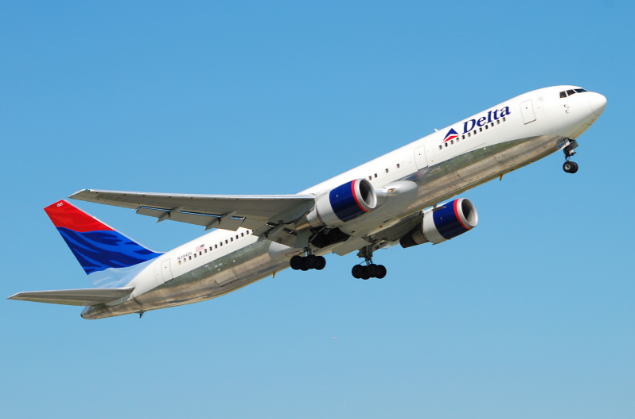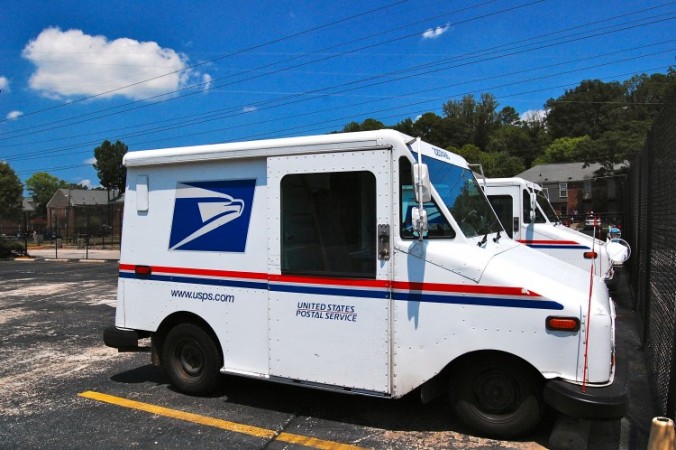Delta Air Lines tests AI-driven personalized pricing
07/23/2025 / By Laura Harris

- Delta Air Lines is testing a new AI-powered pricing system that sets fares based on individual customer profiles rather than traditional factors like seat availability or booking timing.
- Developed with Israeli startup Fetcherr, the system analyzes travelers’ digital footprints, including browsing behavior, purchase history and possible financial indicators, to predict what they’re willing to pay.
- The AI model currently powers about three percent of domestic bookings, with Delta aiming to expand that to 20 percent by the end of the year. The airline suggests it may eventually abandon fixed pricing structures altogether.
- Lawmakers and privacy advocates warn that the system could be exploitative and discriminatory. The FTC is reviewing whether it violates consumer protection or anti-discrimination laws.
- Sen. Ruben Gallego (D-AZ) called the model “predatory pricing,” accusing Delta of using AI to exploit customer “pain points.” Consumer Watchdog added that the airline is effectively trying to “see into people’s heads.”
Delta Air Lines is testing a controversial new pricing strategy using artificial intelligence (AI) to tailor fares in real time and potentially by individual customer.
The technology, developed in partnership with Israeli startup Fetcherr, uses machine learning to analyze each potential traveler’s digital footprint, including browsing behavior, purchase history and potentially even indicators of financial status. This AI-powered dynamic pricing model adjusts fares based on individual customer profiles, rather than traditional factors such as time of booking or seat availability.
Speaking during a recent earnings call, Delta President Glen Hauenstein said the company aims to expand the system to cover 20 percent of all domestic bookings by the end of the year. So far, the AI pricing tool has been deployed in roughly three percent of Delta’s domestic flight sales over the past six months.
“We like what we see. We like it a lot, and we’re continuing to roll it out,” Hauenstein said. He described the AI tool as a “super analyst” working around the clock to optimize fares based on booking patterns, demand shifts and individual customer data. (Related: American Airlines introduces touchless ID for faster airport security.)
The implications are significant. Instead of the traditional pricing model, where fares fluctuate within fixed fare classes, Delta’s AI strategy aims to pinpoint what you, specifically, are willing to pay at any given moment. That could mean prices change not just by day or hour, but by customer profile.
“This is a full re-engineering of how we price and how we will be pricing in the future,” Hauenstein said. “We will have a price available on that airplane at that time that’s available to you, the individual.”
If successful, Delta may eventually move away from traditional static pricing altogether.
Sen. Gallego: Delta’s AI fare system is “predatory pricing”
Delta portrays the change as an efficiency upgrade, but critics are sounding the alarm.
Privacy advocates and lawmakers warn that algorithmic fare personalization could cross ethical and legal boundaries, especially without public transparency about how the system works.
The Federal Trade Commission (FTC) has confirmed it is reviewing the legality of personalized pricing models, including potential violations of anti-discrimination and consumer protection laws. The lack of clarity around how Delta’s system functions, including what data it uses, how decisions are made and whether certain customers are unfairly targeted, has fueled concern.
“Delta’s CEO just got caught bragging about using AI to find your pain points – meaning, they’ll squeeze you for every penny. This isn’t fair pricing or competitive pricing. It’s predatory pricing. I won’t let them get away with this,” Sen. Ruben Gallego (D-AZ), who publicly pledged to block Delta’s rollout of the new pricing model, posted on X.
Justin Kloczko of Consumer Watchdog echoed a similar stance to Gallego, stating that, “They are trying to see into people’s heads to see how much they’re willing to pay.”
Visit FutureTech.news for more stories like this.
Watch the video below that talks about government agencies that were caught lying about the facial recognition program.
This video is from MyPodcastDropped2320 channel on Brighteon.com.
More related stories:
Delta Air Lines struggles to recover from Crowdstrike global tech outage.
Delta Air Lines FORCING new employees to get vaccinated against coronavirus.
Delta Airlines extends suspension of flights between New York and Tel Aviv until the end of 2024.
Sources include:
Submit a correction >>
Tagged Under:
AI, computing, conspiracy, corruption, cyber war, cyborg, Dangerous, deception, Delta Air Lines, future science, future tech, Glitch, information technology, insanity, inventions, personal data, personalized airfare pricing, rigged, robotics, robots
This article may contain statements that reflect the opinion of the author
RECENT NEWS & ARTICLES
COPYRIGHT © 2017 INVENTIONS NEWS


















